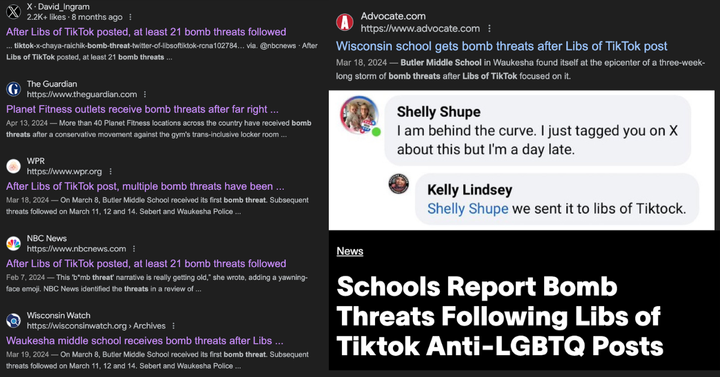Anchorage Coalition to End Homelessness Endorses Mass Care Exit Strategy
Anchorage Coalition to End Homelessness has endorsed the proposed Mass Care Exit Strategy.

In their weekly digest newsletter, the Anchorage Coalition to End Homelessness (ACEH) announced today they were endorsing the proposed Mass Care Exit Strategy, which was developed as part of a joint effort between the Anchorage Assembly and the Bronson administration.
In their statement, ACEH wrote that they were grateful for both the Assembly's and the Bronson Administration's clear commitment to collaboration and for identifying a path forward for Anchorage's vulnerable neighbors.
Noting that the proposed Mass Care Exit Strategy is still working its way through the public process and recognizing that many details have not yet been finalized, ACEH wrote that they were looking forward to reviewing location capacity and financing information for capital investments and short and long-term operating investments in the coming weeks.
You can read ACEH's statement below and can sign up for updates from ACEH at this link.
ACEH Endorses the Mass Care Exit Strategy
"The Anchorage Coalition to End Homelessness (ACEH) Board of Directors and Homeless Prevention & Response System (HPRS) Advisory Council would like to recognize the collaboration and hard work of the mass care facilitation group consisting of representatives from the Bronson Administration and the Anchorage Assembly. We are grateful for their clear commitment to collaboration and for identifying a path forward for our vulnerable neighbors utilizing mass care services. We look forward to continuing our partnership with city government as the effort to stand down mass care continues.
The ACEH Board of Directors and HPRS Advisory Council support the proposed Mass Care Exit Strategy as released to the public on 10/6/21 and presented to both governance groups on 10/15/2021. The proposed strategy:
a) Aligns with Anchored Home, the Anchorage community plan to solve homelessness, and emphasizes continued collaboration with government, philanthropic, private and public sector partners;
b) Emphasizes a continuum of housing and services which is critical to end the experience of homelessness while also accounting for required city safety net shelter services;
c) Commits to simultaneously increasing housing and shelter capacity through the five different interventions (medical convalescence facility, single adult shelter, special populations shelter, substance misuse treatment and housing project, workforce and supportive housing initiatives) as increasing shelter alone does not provide a solution to homelessness;
d) Focuses on the growing demand of adults experiencing homelessness. Since 2007, single adult homelessness has been the largest unmet need in Alaska and this need has grown significantly during, and as the result of, the economic impacts of COVID-19 in our community;
e) Addresses unique needs among adults experiencing homelessness as this is not a homogenous group of individuals but a group of people with unique physical, emotional, and cultural strengths and needs. The proposed strategy increases capacity to serve elders, those who are medically fragile, those who need additional substance misuse support, LGBTQI+ individuals and other distinct populations;
f) Limits shelter capacity to 200 at any location which creates better environments for individuals in need of services and reduces community impacts on local neighborhoods by spreading services more broadly across Anchorage;
g) Does not reduce funding or divert funding away from other critical community initiatives addressing family, youth and young adult, veteran homelessness or the many important efforts to address food security, domestic violence and other community needs.
We recognize that this proposed Mass Care Exit Strategy is still working through the public process and that many details are not yet finalized. ACEH looks forward to reviewing location capacity and financing information for capital investments, short and long-term operating investments in the coming weeks. We also look forward to the implementation specifics needed to make these programs successful for our community including programming designed with and for our diverse individuals experiencing homelessness. ACEH remains committed to partnering with the Anchorage community and the city in the work to make homelessness rare, brief and one-time."
###


